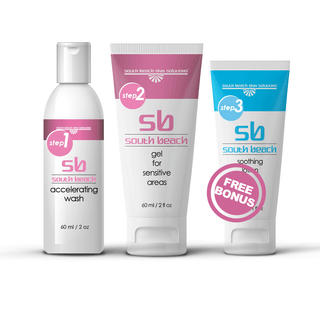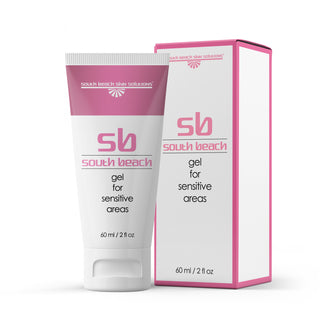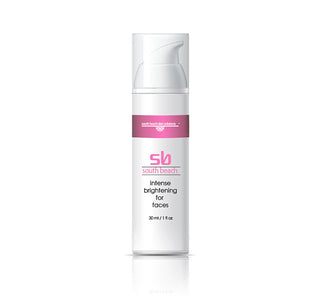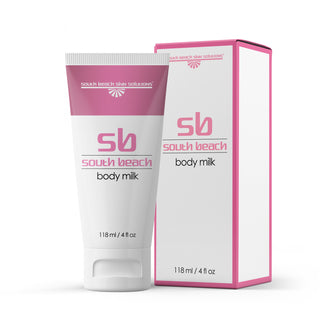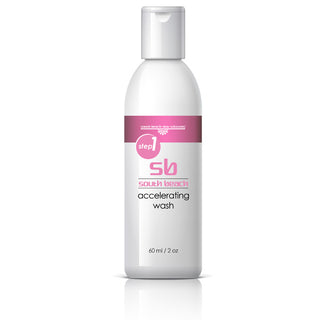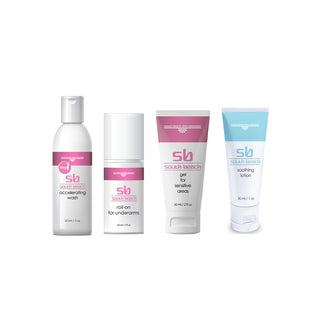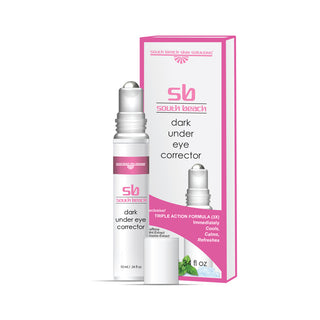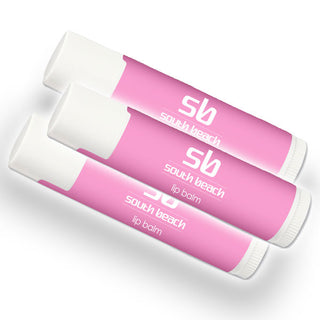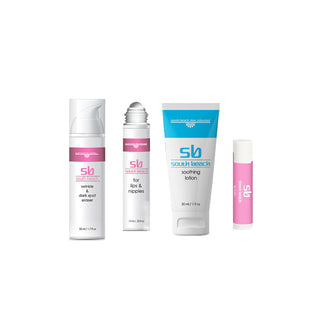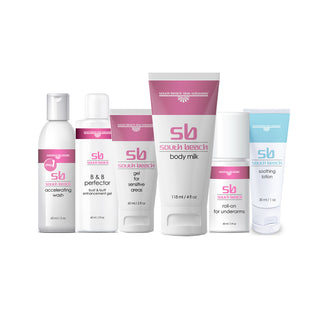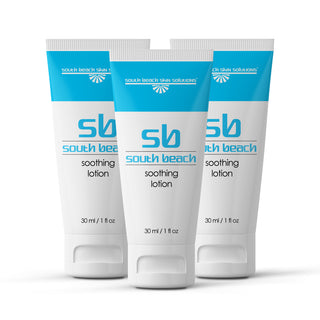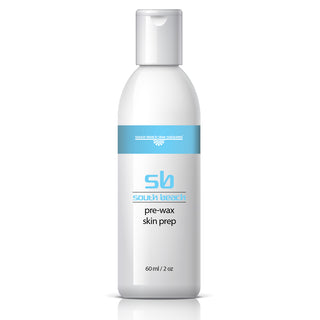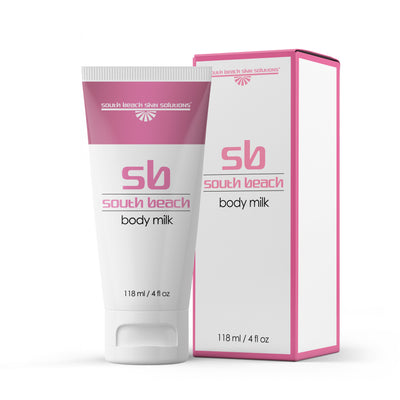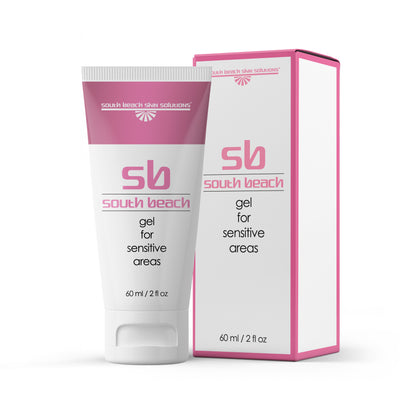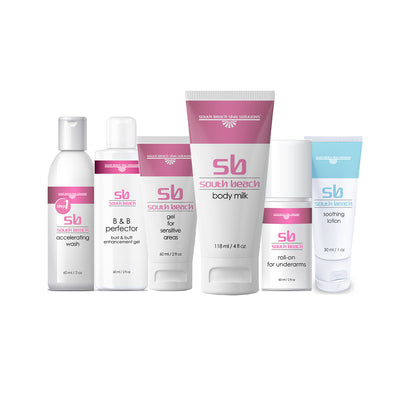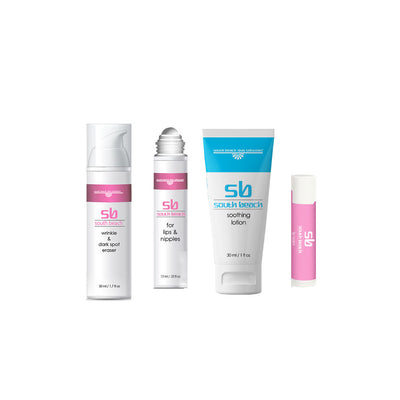Many individuals may not realize that the skin in the intimate area, also known as the vulva, requires specialized attention. This guide aims to educate on why intimate skin care is crucial for maintaining overall intimate health and preventing common issues like skin irritation and discomfort. This will allow for the development of a proper wellness routine.
Understanding Intimate Skin
Anatomy and Unique Features
The anatomy of intimate skin, encompassing the vulva, presents unique features that distinguish it from skin elsewhere on the body. This sensitive skin is characterized by its delicate nature and increased susceptibility to skin irritation. Therefore, proper intimate skincare is crucial for maintaining its health and resilience.
pH Balance and Microbiome
Maintaining the correct pH balance is critical for the health of the vaginal microbiome. The vaginal area has a specific pH level that supports beneficial bacteria like Lactobacilli. Disruptions to this pH balance, often caused by factors such as douching or certain cleansers, can lead to an overgrowth of harmful bacteria and intimate skin irritation.
Common Misconceptions
Common misconceptions about intimate care often involve improper hygiene practices. These can disturb the natural flora, leading to imbalance and issues like hyperpigmentation and dark spots. Understanding the specific needs of intimate skin is essential for dispelling these myths and adopting a more effective intimate skincare regimen.
Unique Microbiome Balance
Role of Beneficial Bacteria (Lactobacilli)
Beneficial bacteria, particularly Lactobacilli, play a vital role in maintaining a healthy vaginal environment. These microorganisms help to maintain the pH balance and protect against harmful pathogens. Products designed for intimate care should support these bacteria and encourage their growth for optimal intimate health.
Factors That Disrupt Flora (e.g., antibiotics, douching)
Several factors can disrupt the delicate balance of the vaginal flora. Antibiotics, while necessary for treating infections, can kill beneficial bacteria along with harmful ones. Douching is another practice that disrupts the natural environment. Maintaining intimate health requires avoiding these disruptive factors whenever possible.
Tips for Maintaining a Healthy Microbiome
To maintain a healthy microbiome, consider using a gentle cleanser specifically designed for the intimate area. Avoid douching and harsh soaps, and opt for products containing natural ingredients that support the growth of beneficial bacteria. Proper hydration and a balanced diet can also contribute to overall intimate health. Consider love wellness, a good starting point.
Increased Sensitivity and Vulnerability
Skin Barrier Function in Delicate Areas
The skin barrier in the intimate area, particularly the vulva, is significantly more permeable than skin on other parts of the body. This makes the intimate skin more susceptible to external irritants and allergens. Compromised skin barrier function can lead to increased water loss, dryness, and a greater risk of skin irritation. Proper intimate skincare is essential to maintain the integrity of this delicate skin barrier and promote overall intimate health.
Common Irritants (soaps, fabrics, detergents)
Numerous everyday substances can act as irritants to sensitive skin in the intimate area. Harsh soaps, fragranced detergents, and synthetic fabrics can strip the skin of its natural oils, disrupting the pH balance and causing discomfort. These irritants can lead to issues such as chafing, itching, and even infections. Choosing gentle, hypoallergenic products and breathable fabrics is important for daily intimate skin care.
Signs Your Intimate Skin Needs Attention
Recognizing the signs that your intimate skin requires extra care is crucial for preventing long-term issues. Symptoms like persistent itching, burning, redness, or the presence of dark spots indicate a potential imbalance or irritation. Hyperpigmentation, dryness, and discomfort during intercourse are also signs that your intimate skin needs attention. Addressing these concerns promptly with appropriate intimate skincare practices can help restore comfort and health.
Hormonal Influences
Estrogen Fluctuations Across the Lifecycle
Estrogen plays a significant role in maintaining the health and hydration of intimate skin. Fluctuations in estrogen levels throughout a woman’s lifecycle, such as during puberty, menstruation, and menopause, can significantly impact the vulvar skin. Lower estrogen levels can lead to thinning of the vaginal tissues, dryness, and decreased elasticity, requiring specialized intimate care to soothe and moisturize sensitive areas.
Pregnancy and Menopause Effects
Pregnancy and menopause are two significant life stages that bring about substantial hormonal changes affecting intimate skin. During pregnancy, increased hormone levels can lead to hyperpigmentation and increased sensitivity. Menopause, characterized by declining estrogen, often results in vaginal dryness and thinning of the vulvar tissues. Addressing these changes with appropriate intimate skincare, including moisturizing cream, is essential for maintaining comfort and intimate health.
Managing Hormonal Imbalances
Managing hormonal imbalances through lifestyle adjustments and medical interventions can significantly improve the health of intimate skin. Maintaining a balanced diet, managing stress, and consulting with a healthcare provider about hormone replacement therapy can alleviate symptoms associated with estrogen fluctuations. Additionally, incorporating gentle cleansers and moisturizing cream designed for intimate skin care can help maintain pH balance and hydration, thus promoting love wellness.
Exposure to Moisture and Friction
Impact of Sweat and Warmth
Sweat and warmth in the intimate area can create an environment conducive to bacterial growth, leading to skin irritation and discomfort. Increased moisture can soften the skin, making it more susceptible to chafing and irritation. Managing moisture through proper hygiene and breathable clothing is essential for maintaining intimate health and preventing issues in sensitive areas. Regular skin care helps.
Choosing Breathable Fabrics
Opting for breathable fabrics such as cotton can significantly reduce moisture buildup in the intimate area. These materials allow air to circulate, keeping the skin dry and minimizing the risk of skin irritation. Avoiding synthetic fabrics like nylon and polyester can help prevent chafing and maintain a healthy pH balance, which is essential for love wellness and intimate skin care.
Preventing and Treating Chafing
Preventing chafing involves keeping the intimate skin clean and dry, especially during physical activity. Applying a barrier cream or balm can reduce friction and protect sensitive skin. If chafing occurs, gentle cleansing and the application of a soothing moisturizing cream can help to heal the affected area and prevent further skin irritation, helping maintain intimate health and overall love wellness.
Impact on Overall Well-being
Emotional and Psychological Effects
Intimate skin issues can have a profound impact on emotional and psychological well-being. Discomfort, itching, and skin irritation in the intimate area can lead to self-consciousness, anxiety, and decreased self-esteem. Addressing these issues through effective intimate skin care practices can improve confidence and promote overall love wellness and mental health, essential components of a comprehensive wellness routine.
Confidence and Intimate Relationships
The health and appearance of intimate skin can significantly influence confidence and intimate relationships. Concerns about odor, dark spots, or skin irritation can lead to insecurity and affect intimacy. Utilizing products like a lightening cream for intimate areas or a daily intimate cleanser can enhance confidence and improve the quality of intimate experiences, promoting both personal care and relationship satisfaction.
Quality-of-Life Considerations
Intimate skin issues can significantly impact overall quality of life. Chronic discomfort, itching, or pain can disrupt daily activities, sleep, and overall sense of well-being. Addressing intimate skin concerns with proper skin care, including moisturizing cream and gentle cleansers, can alleviate these symptoms and improve quality of life, promoting love wellness and overall intimate health in sensitive areas.
Conclusion: A Holistic Approach to Intimate Skin Care with South Beach Skin Solutions
Taking a holistic approach to intimate skin care, such as using South Beach Skin Solutions, is crucial for maintaining love wellness and overall intimate health. Addressing the unique needs of delicate skin in the intimate area with gentle cleansers, moisturizing cream, and products designed to lighten dark spots and hyperpigmentation can improve comfort, confidence, and quality of life. Incorporating products with natural ingredients and hyaluronic acid will only benefit.



















